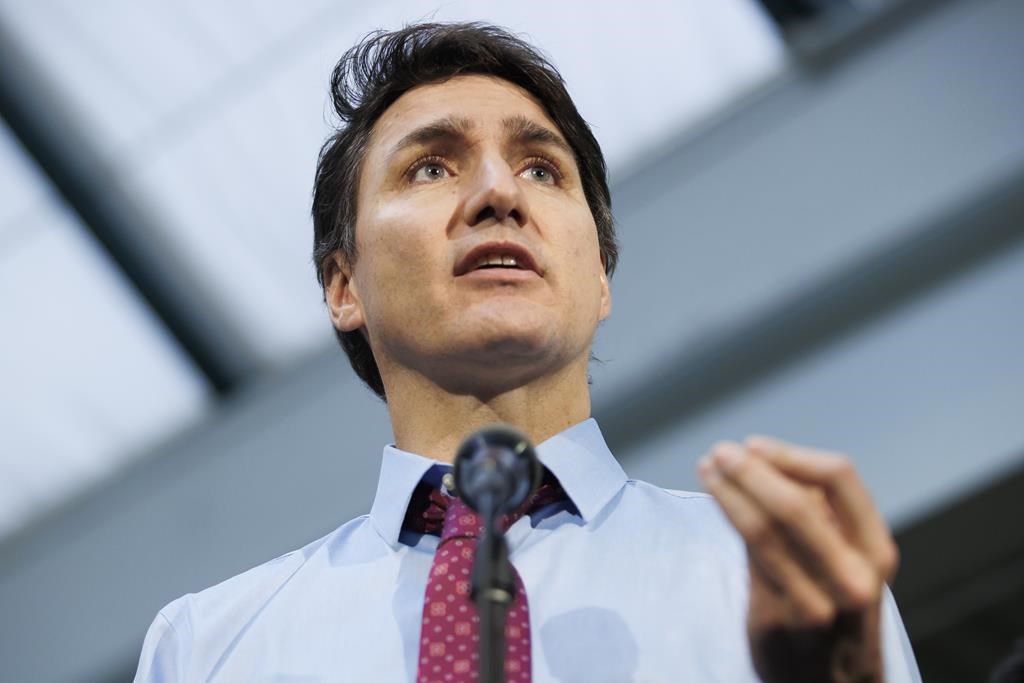COVID vaccination rates dismal across Canada 4 years after pandemic was declared
Posted March 11, 2024 4:38 pm.
Last Updated March 12, 2024 9:10 am.
Monday marks the fourth anniversary since COVID-19 was declared a pandemic by the World Health Organization.
“WHO has been assessing this outbreak around the clock and we are deeply concerned both by the alarming levels of spread and severity, and by the alarming levels of inaction. We have therefore made the assessment that COVID-19 can be characterized as a pandemic,” said Dr. Tedros Adhanom Ghebreyesus, WHO Director-General, four years ago.
While the world did recover from those days, current vaccination numbers are indicating a significant number of the population has the virus in the rear-view mirror.
Across the country, dismal vaccination rates against COVID-19, with only 18 per cent of the population in Manitoba receiving their recommended dose of the vaccine.
Dr. Joss Reimer, chief medical officer for the Winnipeg Regional Health Authority says people have to consider COVID boosters as another seasonal activity that they do.
“We saw over 90 per cent of Manitobans get that first dose, which is amazing, we’ve never seen uptake like that,” explained Dr. Reimer
“I know it feels very frustrating to have to keep going and getting another vaccine, but what I want people to think about is that it’s a way of maintaining your health.”
Even though the stringent health restrictions seen during the height of the pandemic are no more, they are having a lasting effect from our health to our wallet.
“Increased rates of depression, anxiety, substance use problems and all the mental health consequences associated with loneliness and disconnection, both during the pandemic but also have lingered for some afterwards,” explained Corey Mackenzie, a professor of psychology at the University of Manitoba.
“The COVID pandemic has kind of run its course to a degree, but this other pandemic of loneliness and social isolation is still very much a serious issue for a lot of people.”
SeoRhin Yoo, a policy analyst for the Prairies and the North at Canadian Federation of Independent Business adds, “I think we are beginning to see more issues being compounded post-pandemic. Supply-chain challenges are continuing, labour shortages are continuing, we are also seeing high-interest rates and a lot of people having to pay their pandemic-era debt.”
While we have made some progress since the onset of COVID-19, it’s the blind spots that we had experts say we need to look at if we want to be better prepared in the future.
“We need to truly think about what preparedness actually means. We took for granted that we were overly-prepared for that next pandemic and then when it hit we actually found out we were severely underprepared,” said Jason Kindrachuk, a microbiology professor at the University of Manitoba.








